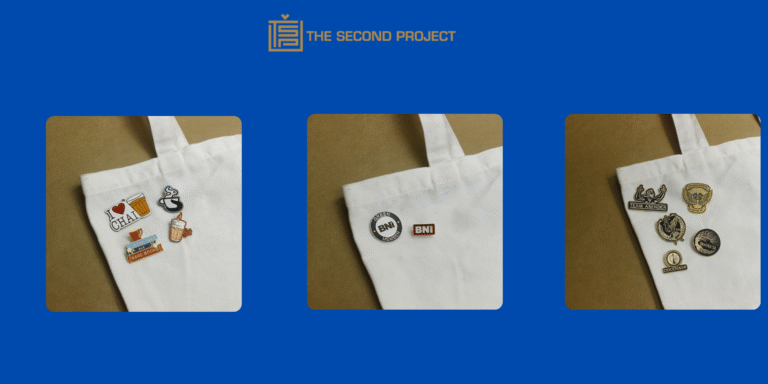
Kosher Certificate
In the modern food and beverage industry, trust is everything. One way companies earn that trust is by showing their commitment to quality, transparency, and religious dietary requirements. That’s where a Kosher Certificate comes in.
This certification isn’t just about religion—it’s about meeting strict food standards that appeal to a growing segment of health-conscious and ethically aware consumers. But what exactly is a kosher certificate, and how can it benefit your business?
Kosher Defined in Simple Terms
“Kosher” refers to food prepared in accordance with Jewish dietary laws. These laws, known as kashrut, outline which foods are permitted and how they should be processed. For instance:
-
Certain animals like pigs and shellfish are not allowed.
-
Meat and dairy can’t be cooked or consumed together.
-
Slaughter methods must follow specific guidelines.
Because these rules cover both ingredients and processing methods, a Kosher certificate ensures the entire supply chain aligns with kosher standards—not just the end product.
What Does a Kosher Certificate Prove?
A Kosher certificate is an official document issued by a kosher certification agency. It verifies that a company’s product and production practices meet the requirements of kashrut. To get certified, businesses go through inspections, ingredient checks, and routine monitoring.
Once approved, products can display a kosher symbol on the label—making it easier for customers to identify compliant items.
Why Should Your Business Consider Kosher Certification?
Even if you don’t serve a primarily Jewish market, a Kosher certificate can provide several strategic advantages:
1. Reach More Customers
Millions of people around the world look for kosher-certified products—not just for religious reasons. Many Muslims, vegetarians, vegans, and allergy-sensitive consumers trust kosher labels for safety and purity. With a Kosher certificate, your product instantly appeals to this broader audience.
2. Boost Your Brand Reputation
Kosher certification requires regular inspections and strict controls. That’s why many people associate kosher products with high standards of hygiene, quality, and accountability. When your brand displays a Kosher certificate, it shows that you value transparency and consistency.
3. Compete Globally
A Kosher certificate can open the door to new markets, including the United States, Israel, and parts of Europe where kosher products are in high demand. In some cases, distributors and retailers won’t even consider carrying a product unless it’s kosher-certified.
How to Get a Kosher Certificate
Getting certified is a detailed but straightforward process:
-
Application – Submit product details, ingredients, and production info to a certification agency.
-
Inspection – A kosher supervisor visits your facility to review production methods and cleanliness.
-
Compliance – Adjust any processes if needed to meet kosher guidelines.
-
Certification – Once approved, you’ll receive a Kosher certifications, valid for a set period (usually one year).
You’ll also be assigned a rabbinic coordinator who will help ensure your continued compliance over time.
Recognized Kosher Agencies
There are dozens of agencies around the world, but some of the most widely respected include:
-
Orthodox Union (OU)
-
OK Kosher
-
Kof-K
-
Star-K
-
Badatz (Europe & Israel)
Final Thoughts
Getting a Kosher certificate isn’t just about religious compliance—it’s about building trust, accessing new markets, and showing your commitment to quality. Whether you run a food factory, a cosmetics brand, or a beverage company, kosher certification can give your business an edge in today’s competitive market.


